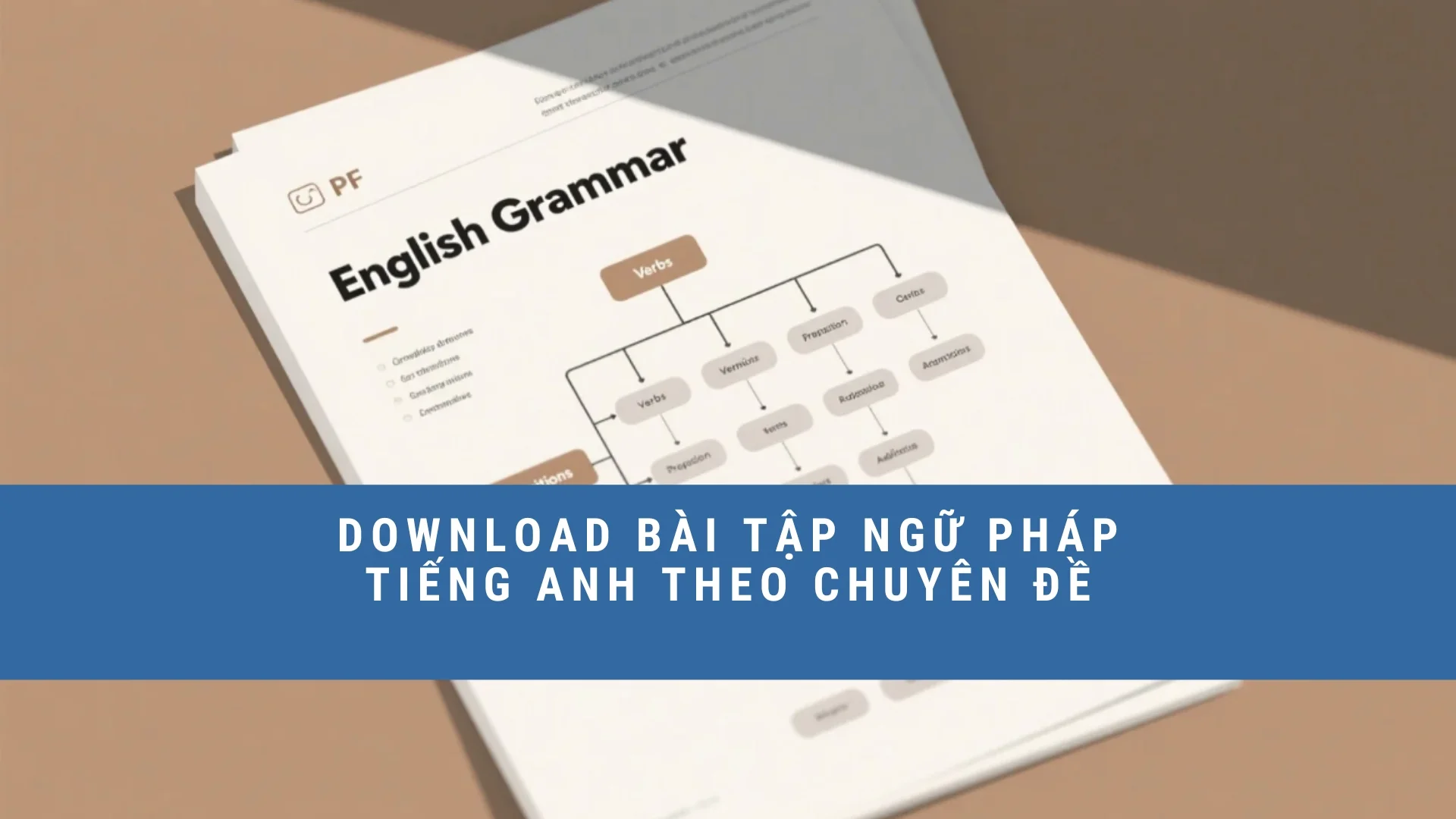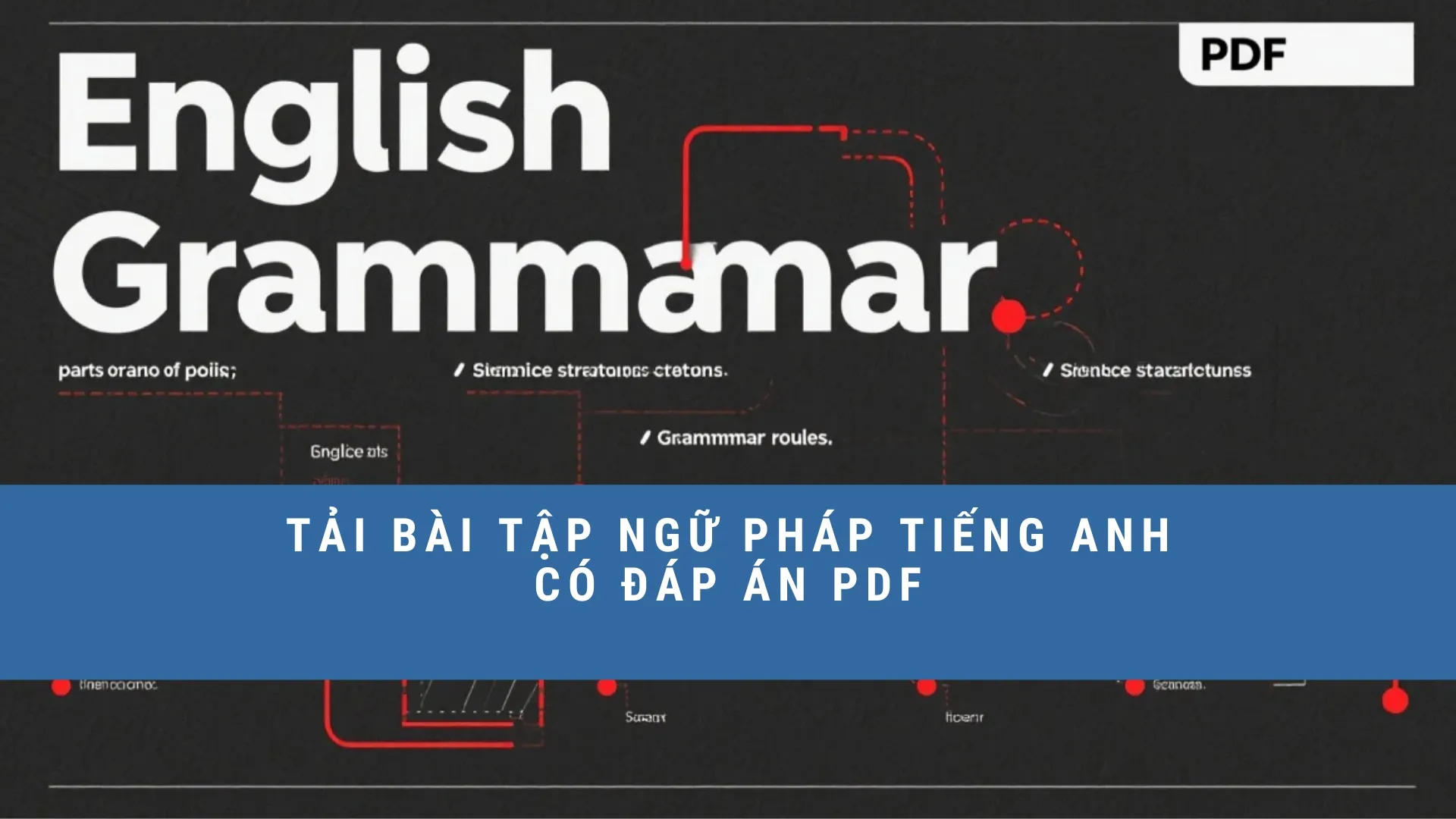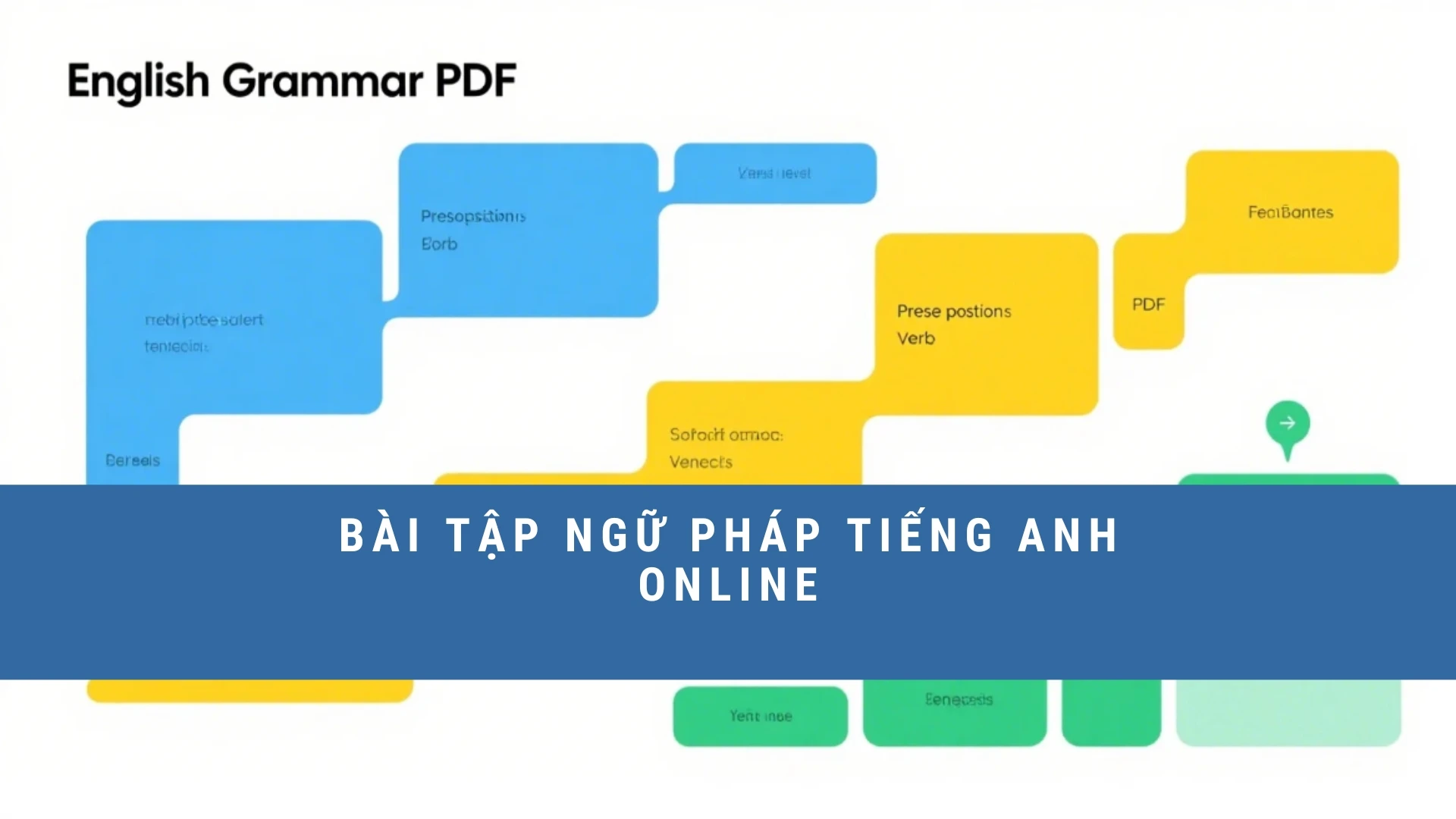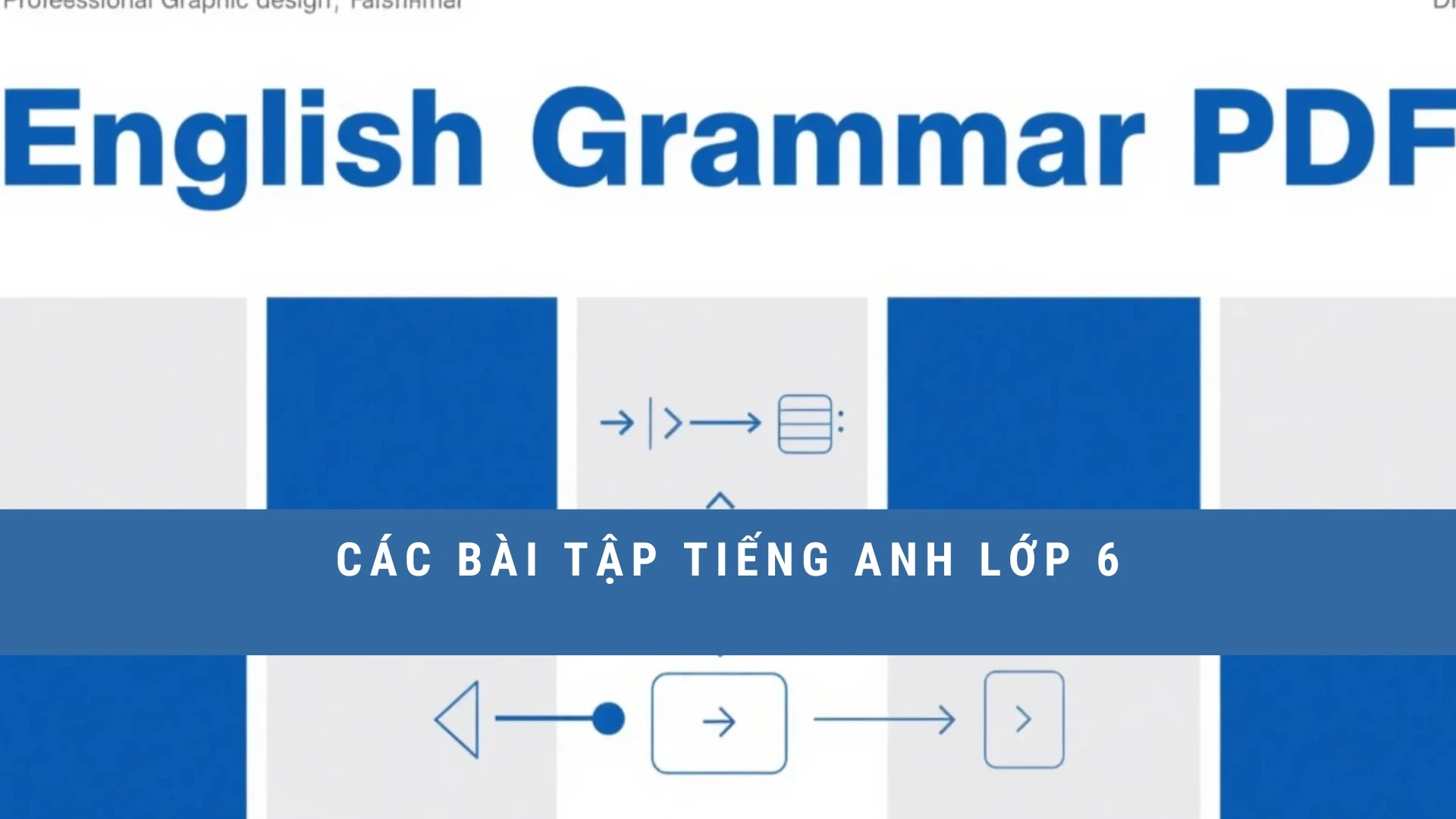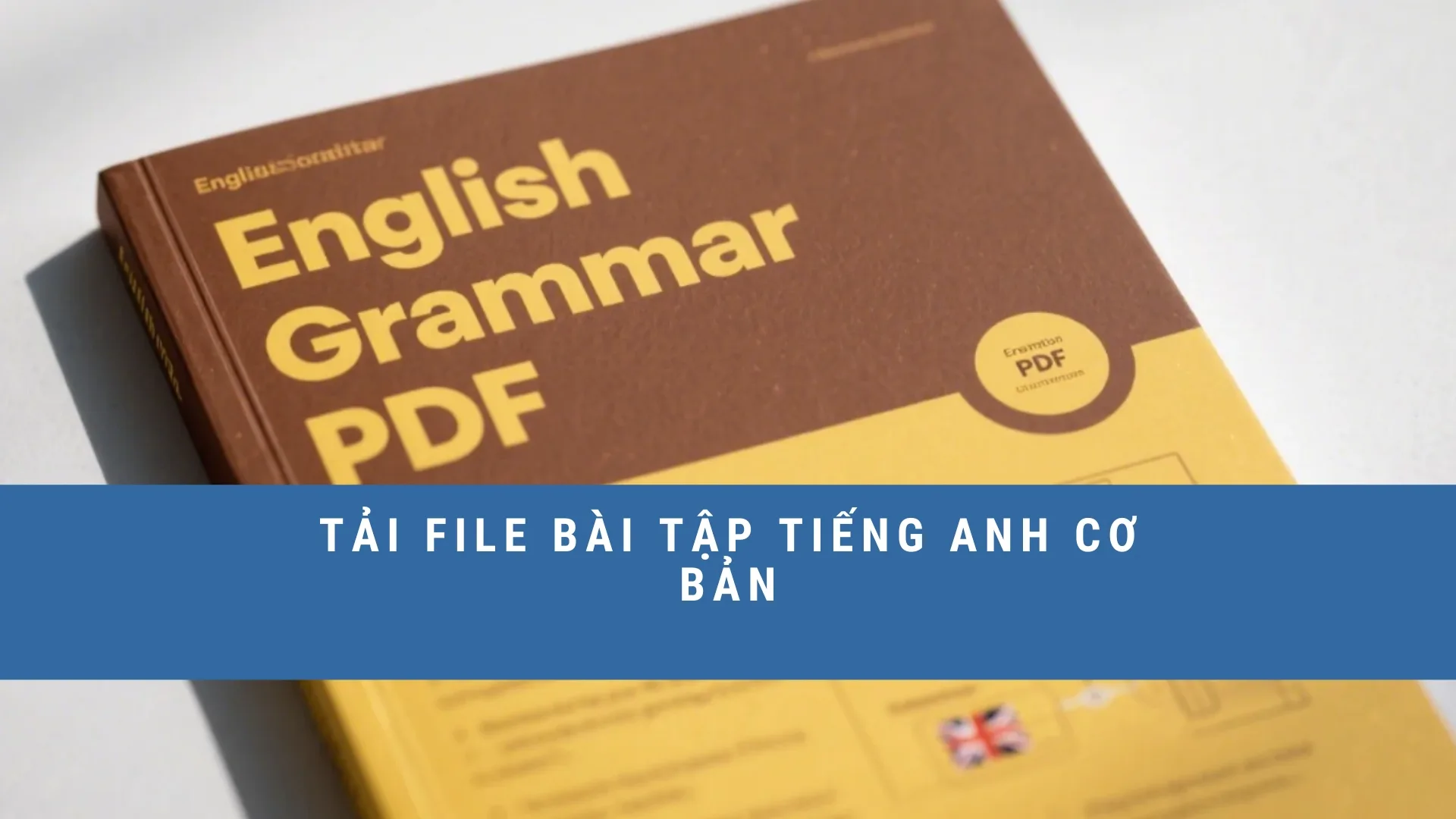Động từ khuyết thiếu (modal verbs) là những từ giúp diễn tả khả năng, sự cần thiết, nghĩa vụ, hay ý định. Trong tiếng Anh, ngoài những động từ khuyết thiếu cơ bản như “can,” “could,” “will,” và “would,” còn có các động từ khuyết thiếu nâng cao như “ought to” và “shall.”
Lý thuyết sử dụng Ought to và Shall
1. Ought to
“Ought to” thường được dùng để diễn tả nghĩa vụ hoặc sự cần thiết phải làm gì, tương tự như “should.” Đây là cách dùng có phần chính thức hơn và thường gợi ý sự khuyên bảo mạnh mẽ.
- Nghĩa vụ hoặc sự cần thiết:
- “You ought to see a doctor.” (Bạn nên đi khám bác sĩ.)
- “We ought to help those in need.” (Chúng ta nên giúp đỡ những người cần.)
- Lời khuyên:
- “He ought to apologize for his mistake.” (Anh ấy nên xin lỗi vì lỗi của mình.)
2. Shall
“Shall” chủ yếu được dùng trong tiếng Anh British và ít phổ biến hơn trong tiếng Anh American. “Shall” thường được dùng để diễn tả sự quyết tâm hoặc ý định, đặc biệt trong các câu hỏi trang trọng hoặc luật lệ.
- Ý định hoặc quyết tâm (dùng với “I” hoặc “we”):
- “I shall return before noon.” (Tôi sẽ trở lại trước buổi trưa.)
- “We shall overcome this challenge.” (Chúng ta sẽ vượt qua thử thách này.)
- Đề xuất hoặc yêu cầu (dùng trong câu hỏi trang trọng):
- “Shall we dance?” (Chúng ta khiêu vũ nhé?)
- “Shall I open the window?” (Tôi có nên mở cửa sổ không?)
Bài tập
Động từ khuyết thiếu (modal verbs) là những từ giúp diễn tả khả năng, sự cần thiết, nghĩa vụ, hay ý định. Trong tiếng Anh, ngoài những động từ khuyết thiếu cơ bản như “can,” “could,” “will,” và “would,” còn có các động từ khuyết thiếu nâng cao như “ought to” và “shall.” Dưới đây là cách sử dụng chúng:
1. Ought to
“Ought to” thường được dùng để diễn tả nghĩa vụ hoặc sự cần thiết phải làm gì, tương tự như “should.” Đây là cách dùng có phần chính thức hơn và thường gợi ý sự khuyên bảo mạnh mẽ.
- Nghĩa vụ hoặc sự cần thiết:
- “You ought to see a doctor.” (Bạn nên đi khám bác sĩ.)
- “We ought to help those in need.” (Chúng ta nên giúp đỡ những người cần.)
- Lời khuyên:
- “He ought to apologize for his mistake.” (Anh ấy nên xin lỗi vì lỗi của mình.)
2. Shall
“Shall” chủ yếu được dùng trong tiếng Anh British và ít phổ biến hơn trong tiếng Anh American. “Shall” thường được dùng để diễn tả sự quyết tâm hoặc ý định, đặc biệt trong các câu hỏi trang trọng hoặc luật lệ.
- Ý định hoặc quyết tâm (dùng với “I” hoặc “we”):
- “I shall return before noon.” (Tôi sẽ trở lại trước buổi trưa.)
- “We shall overcome this challenge.” (Chúng ta sẽ vượt qua thử thách này.)
- Đề xuất hoặc yêu cầu (dùng trong câu hỏi trang trọng):
- “Shall we dance?” (Chúng ta khiêu vũ nhé?)
- “Shall I open the window?” (Tôi có nên mở cửa sổ không?)
Bài tập
- You ___ finish your homework before going out.
- We ___ call them as soon as possible.
- She ___ apologize for her mistake.
- They ___ be here by now.
- He ___ have asked for help if he needed it.
- I ___ see a dentist about this toothache.
- You ___ be more careful with your words.
- We ___ meet at the station at 6 PM.
- They ___ go on a trip this summer.
- She ___ have known better than to trust him.
- I ___ explain the situation to them.
- You ___ consider all the options before making a decision.
- We ___ finish this project by the end of the week.
- Shall we ___ have dinner together tonight?
- He ___ not forget to bring the tickets.
- She ___ have told us about the change in plans.
- You ___ wear a suit to the interview.
- They ___ help those less fortunate.
- I ___ think carefully before making this choice.
- We ___ take a break and rest for a while.
- Shall I ___ open the window for some fresh air?
- He ___ try to solve the problem on his own.
- You ___ report any suspicious activities immediately.
- We ___ call the meeting to order.
- She ___ have been more considerate of your feelings.
- They ___ attend the conference next week.
- I ___ go to the bank before it closes.
- Shall we ___ proceed with the next step?
- You ___ inform me about any updates.
- He ___ take part in the team-building activities.
- She ___ have been more careful with her spending.
- We ___ help each other during difficult times.
- They ___ bring their own lunch tomorrow.
- Shall we ___ discuss the matter further?
- You ___ finish your report before the deadline.
- He ___ not take unnecessary risks.
- She ___ have checked the facts before publishing.
- We ___ work together to achieve our goals.
- Shall I ___ assist you with that task?
- You ___ be on time for your appointment.
- They ___ follow the instructions closely.
- He ___ have realized the importance of the project.
- We ___ make a decision by the end of today.
- Shall we ___ go for a walk in the park?
- You ___ handle this situation with care.
- She ___ have included all the necessary details.
- They ___ be more responsible with their tasks.
- We ___ review the report before the presentation.
- Shall I ___ bring anything for the meeting?
- He ___ not ignore the safety guidelines.
- She ___ have considered the consequences of her actions.
- They ___ respond to the emails promptly.
- We ___ discuss the proposal in detail.
- Shall we ___ finalize the arrangements?
- You ___ check the equipment before starting.
- He ___ have prepared better for the exam.
- They ___ be ready for the test tomorrow.
- We ___ make sure all the documents are in order.
- Shall I ___ make a reservation for dinner?
- You ___ prioritize your tasks effectively.
- She ___ have apologized for her mistake.
- They ___ contribute to the fundraising campaign.
- We ___ analyze the results carefully.
- Shall we ___ review the contract together?
- You ___ notify me of any changes.
- He ___ have anticipated the challenges.
- They ___ stay focused during the meeting.
- We ___ plan our strategy for the upcoming project.
- Shall I ___ provide additional information?
- You ___ update the software regularly.
- She ___ have checked the details before submitting.
- They ___ be more diligent in their work.
- We ___ organize the event properly.
- Shall we ___ meet to discuss the details?
- You ___ follow the guidelines provided.
- He ___ have understood the instructions better.
- They ___ complete the assignment on time.
- We ___ take necessary precautions.
- Shall I ___ assist you with your preparations?
- You ___ seek advice from an expert.
- She ___ have acted more responsibly.
- They ___ be aware of the deadlines.
- We ___ address the issues raised in the meeting.
- Shall we ___ review our progress?
- You ___ attend the workshop tomorrow.
- He ___ have prepared a detailed report.
- They ___ be proactive in solving the problem.
- We ___ ensure all the steps are followed.
- Shall I ___ help you with the calculations?
- You ___ double-check your work.
- She ___ have communicated more clearly.
- They ___ be punctual for the appointment.
- We ___ discuss the proposal before making a decision.
- Shall we ___ arrange a follow-up meeting?
- You ___ manage your time effectively.
- He ___ have known about the upcoming changes.
- They ___ take part in the discussion.
- We ___ ensure the project is completed on schedule.
- Shall I ___ assist you with the presentation?
- You ___ make a list of all the items needed.
Đáp án
- Ought to
- Ought to
- Ought to
- Ought to
- Ought to
- Ought to
- Ought to
- Shall
- Ought to
- Ought to
- Ought to
- Ought to
- Ought to
- Shall
- Ought to
- Ought to
- Ought to
- Ought to
- Ought to
- Ought to
- Shall
- Ought to
- Ought to
- Shall
- Ought to
- Ought to
- Ought to
- Shall
- Ought to
- Ought to
- Ought to
- Ought to
- Ought to
- Shall
- Ought to
- Ought to
- Ought to
- Ought to
- Shall
- Ought to
- Ought to
- Ought to
- Ought to
- Ought to
- Ought to
- Shall
- Ought to
- Ought to
- Ought to
- Ought to
- Shall
- Ought to
- Ought to
- Ought to
- Ought to
- Shall
- Ought to
- Ought to
- Ought to
- Ought to
- Shall
- Ought to
- Ought to
- Ought to
- Ought to
- Shall
- Ought to
- Ought to
- Ought to
- Ought to
- Shall
- Ought to
- Ought to
- Ought to
- Ought to
- Shall
- Ought to
- Ought to
- Ought to
- Ought to
- Shall
- Ought to
- Ought to
- Ought to
- Ought to
- Shall
- Ought to
- Ought to
- Ought to
- Ought to
- Shall
- Ought to
- Ought to
- Ought to
- Ought to
- Shall
- Ought to
- Ought to
- Ought to
- Ought to


